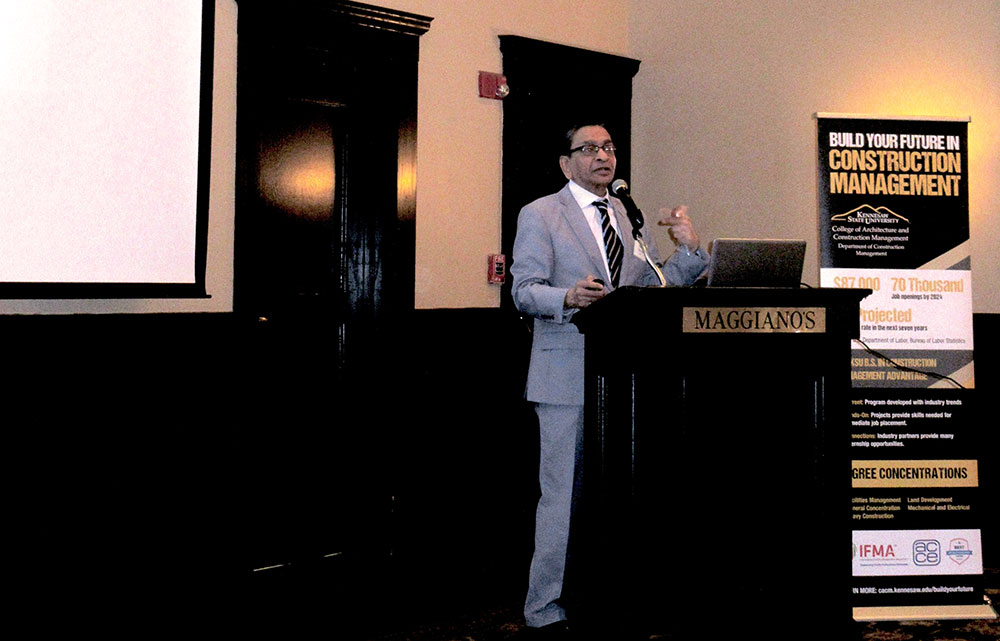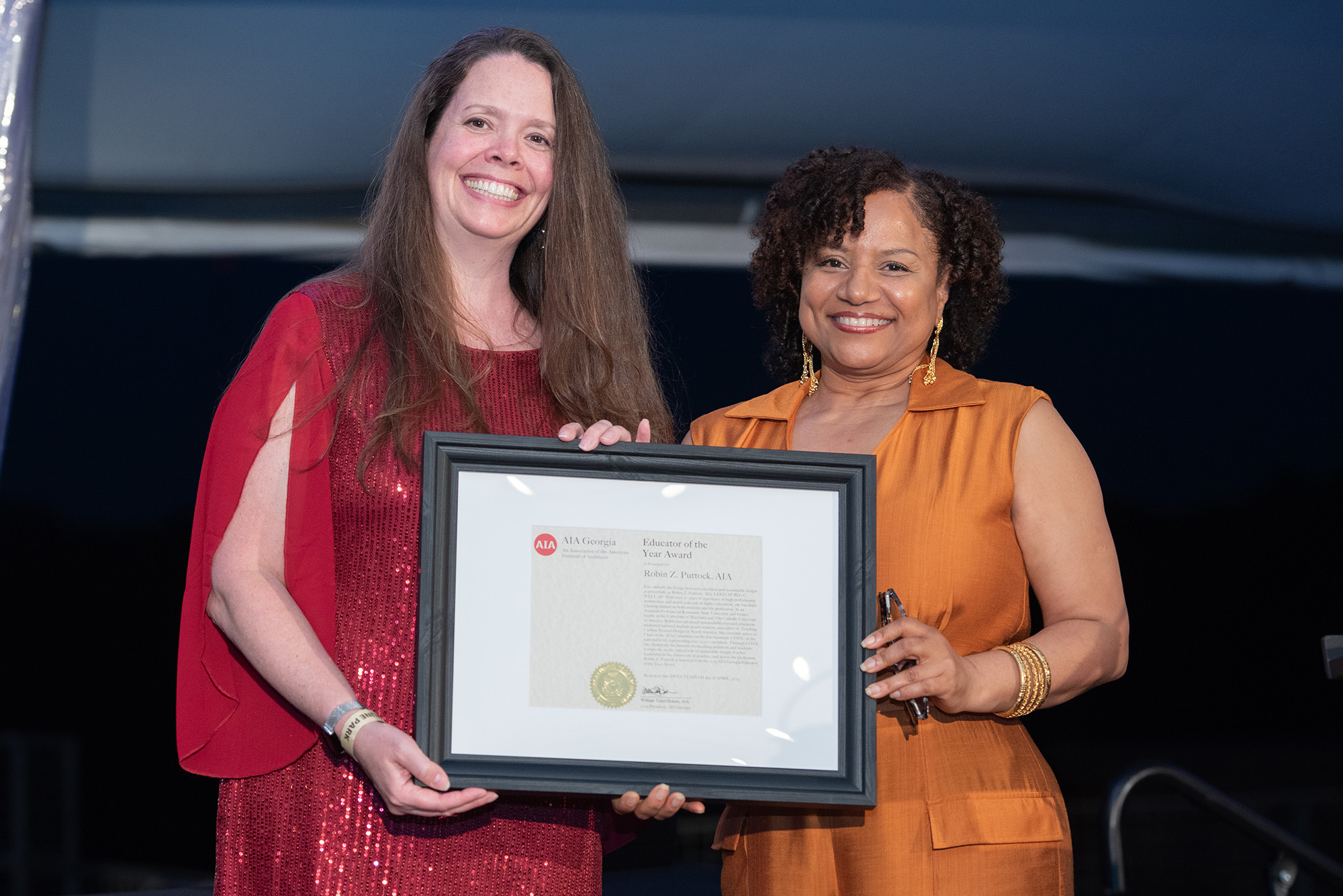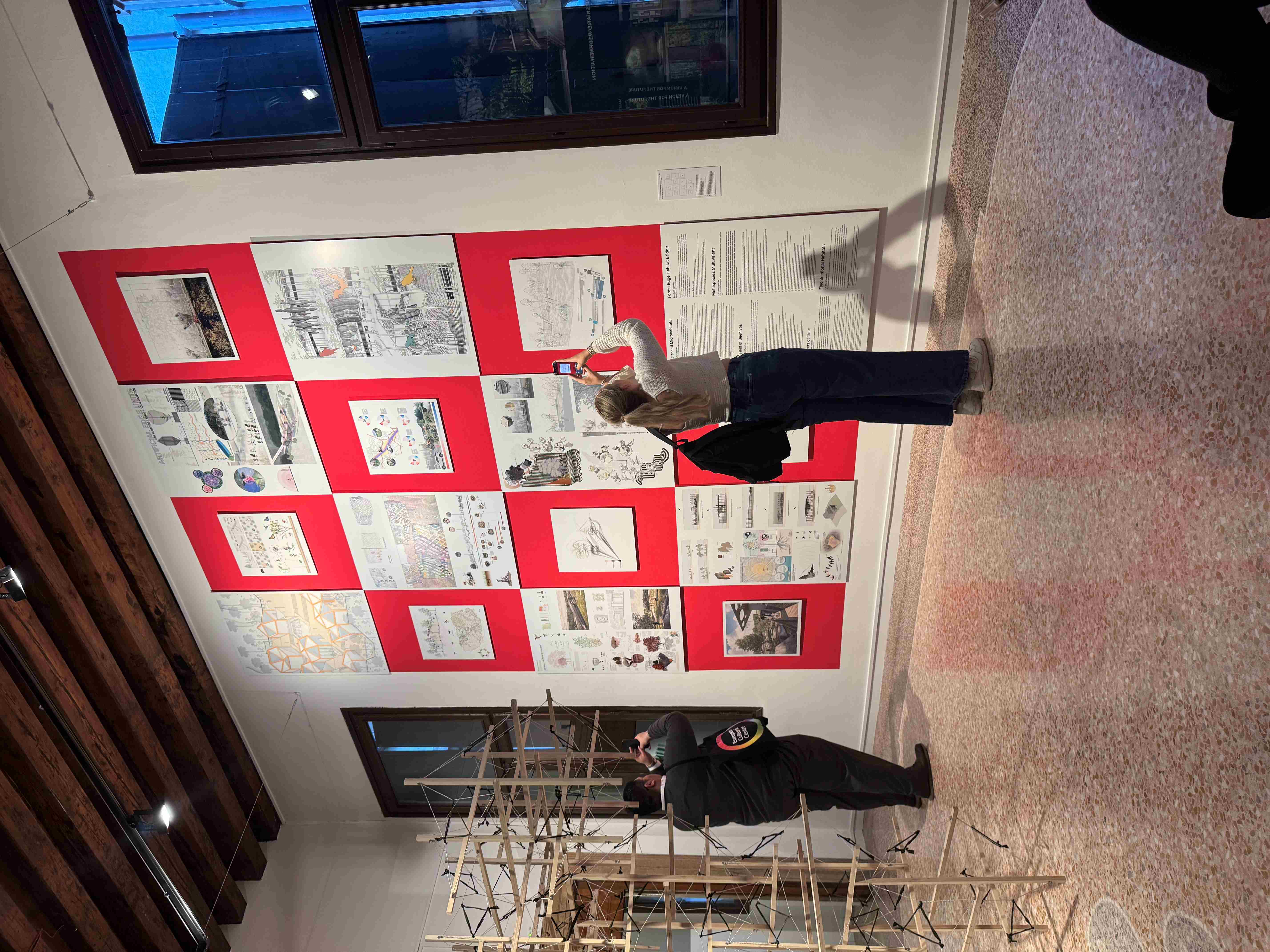

KENNESAW, Ga. | Jan 31, 2018

He presented recruiting options and strategies that require a commitment at the corporate level of the organization and forming relationships with universities.
“The most important area that continues to stand out in both the 2016 and 2017 survey outcomes is recruiting and retention strategies used by organizations. It’s the human capital which is linked to profitability, compensation and technology."
Dr. Siddiqi further stated, “Most organizations at present would not consider approaching a client acquisition strategy without a clear value proposition, segmentation, profitable fee structure, collateral, sales approach and brand. Yet, when it comes to talent acquisition, we tend to abandon strategy and focus on the immediate need and/or technical resumes.”
According to Dr. Siddiqi, acquiring and retaining talent is actually no different from acquiring and retaining clients. You need to develop a strategy, filter through an unwavering culture, and execute with a strong marketing approach.
This presentation was previously made before a national audience (ACCE IAB Best Practices) for a workshop in Orlando, Florida in February 2017. Dr. Siddiqi cited co-presenters Rodney Smith, President of Parrish Construction, and Paul Hogan, President of Hogan Construction Group. He presented a strong marketing approach toward hiring and retention of construction professionals. These two individuals have a corporate policy at their organization level to acquire and retain talent. These are not the only organizations with a corporate level commitment; there are some others who also have a well-defined and articulated talent acquisition strategy. However, based on his personal experience and interactions, he finds that most organizations do not have talent acquisition as a core value and he highly recommends that they make a corporate development plan for talent acquisition as a value proposition to attract and retain the best and the brightest.
He also suggested a creation of “state of the art facilities” that can cater to the strong demand for project managers and project engineers needed in various sectors of the construction industry. These sectors include highway construction, electrical and mechanical contractors engaged in all types of building, developers, general contractors, facility managers and homebuilders.
Recently, 154 construction companies responded to an online survey. The results were presented by Scott Hazy and Tom Jollay, Bennett Thrasher’s Construction Practice co-leaders, along with a corporate development update by Dr. Khalid Siddiqi. The purpose of gathering this info was to provide specific bench marking data of the state of Georgia’s general contractors and subcontractors. The number of participants were nearly doubled from the previous year’s study. Georgia is home to 9,600 privately held construction companies.
Click here for an overview of the construction survey.
Major takeaways from the survey include:
Salaries were up an average of 5.2 percent:

Kennesaw State graduates earn international recognition for award-winning architectural drawing

Kennesaw State assistant professor named 2025 AIA Georgia Educator of the Year

Kennesaw State architecture students bring eco-centered design to global stage in Italy

Recent Kennesaw State architecture graduate named to Metropolis Future100 list